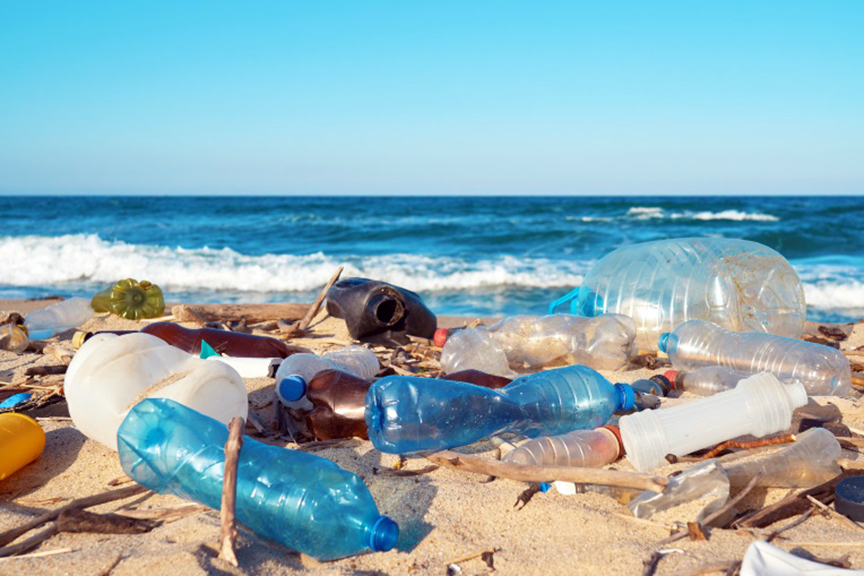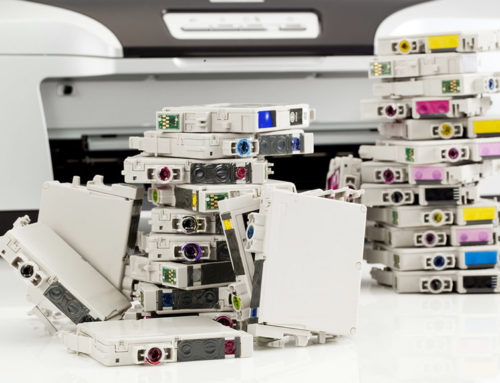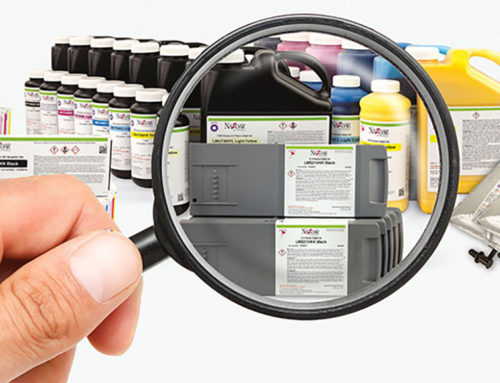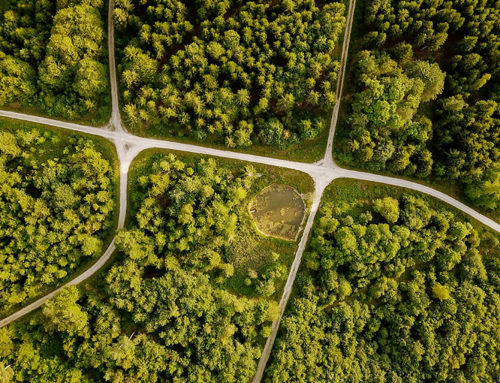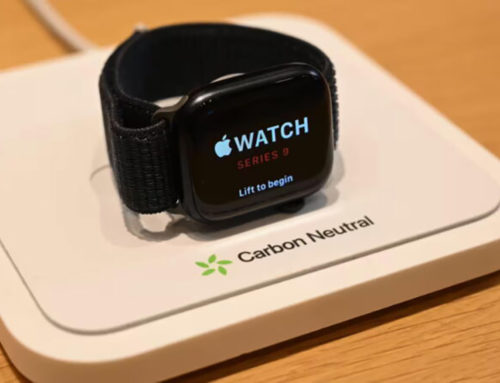Plastic waste and the resulting plastic pollution is a pressing concern that demands immediate global attention. The far-reaching consequences of plastic pollution on marine life, ecosystems, oxygen production, carbon cycling, human health, and economies is more than evident, we simply need to stop making single-use plastic garbage. It’s just not necessary. For the general consumer, it is crucial to understand the gravity of this problem and take immediate action to mitigate its adverse effects.
Marine wildlife bears the brunt of plastic pollution in our oceans. The durability of plastic, one of its key attributes, becomes a curse when it enters the marine environment. Plastic waste can persist in the oceans for decades, it’s seen today dating back to the 1960s; it causes long-lasting harm to our aquatic creatures.
Entanglement and ingestion of plastic have been documented in over 914 species, including more than 100 endangered ones. For example, the Mediterranean monk seal is particularly vulnerable to fishing gear entanglement, ranking as the second leading cause of death for these creatures after deliberate killings. The Great Pacific Garbage Patch, with 180 times more plastic than biomass, indicates that plastic pollution might be a primary food source for organisms in this region, affecting even large marine animals like whales.
Marine ecosystems are finely balanced, and any disruption can have a cascading impact on the inhabitants. Floating plastic debris can transport coastal species far from their usual environments, leading to imbalances within the ecosystem, as observed in the Great Pacific Garbage Patch. Furthermore, plastic waste can act as a magnet for toxins from the surrounding air and water, becoming increasingly harmful to animals that ingest it. Degradation is a constant, slow process, causing larger plastic objects to break down into microplastics that permeate the food chain, ultimately reaching human consumption. Yes, you’re eating plastic.
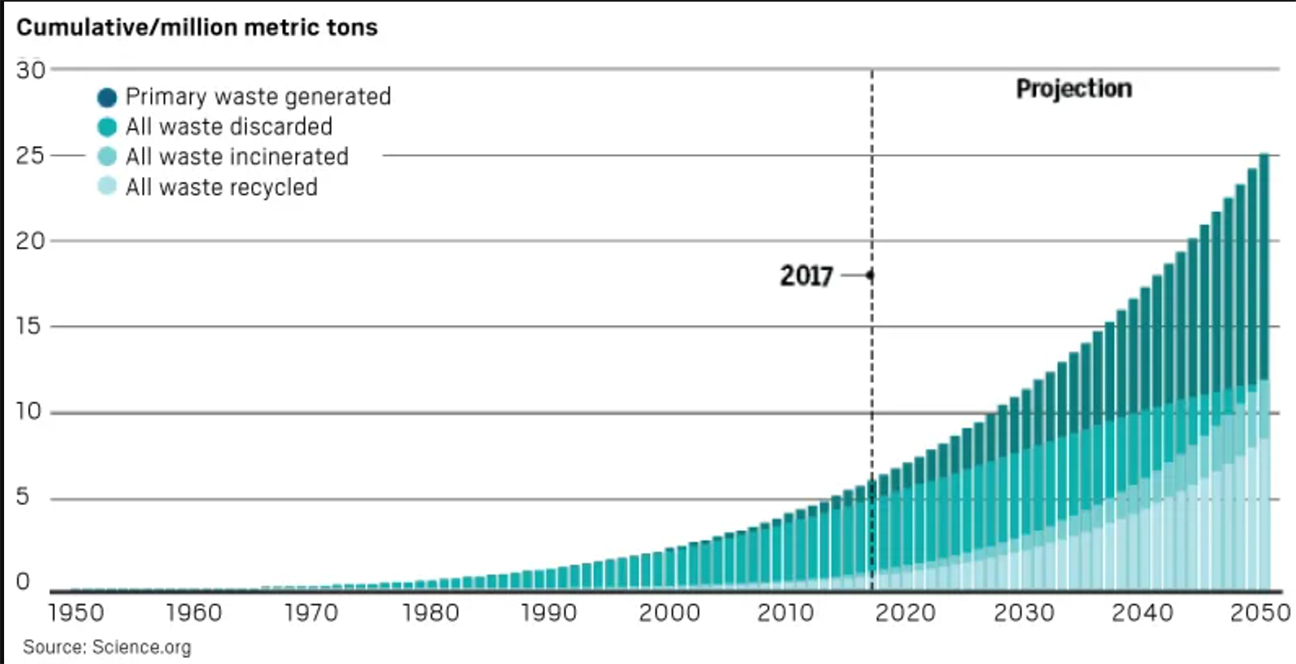
Plastic pollution also affects vital ecological processes, such as oxygen production and carbon cycling in the ocean. Research on Prochlorococcus, a key bacteria/phytoplankton species responsible for oxygen production, indicates that leaking toxins from plastic negatively impact their ability to produce oxygen and reproduce.
Oceans are not only a source of oxygen but also a carbon sink. Zooplankton consuming microplastics reduce their carbon biomass consumption by 40%. Additionally, the fecal pellets of zooplankton sink at a slower rate when they consume significant amounts of microplastic, potentially affecting the efficiency of the carbon pump.
Microplastics, found in seafood, tap water, salt, and many other sources, pose a growing concern for human health. Studies suggest that plastic particles can pass through the blood-brain barrier in mice within just two hours of consumption. Research has also indicated potential risks of acute and chronic toxicity, carcinogenicity, and developmental toxicity associated with microplastic exposure. While the long-term effects on human health are not yet fully understood, the omnipresence of microplastics makes it challenging to isolate their complete impact. There is, however, impact on human health that is getting worse than it is better.
The economic consequences of plastic pollution are substantial. According to a Deloitte study, plastic pollution costs the global economy up to $19 billion USD annually. These costs include impacts on fisheries, aquaculture, tourism, and government cleanup efforts. Abandoned fishing gear also poses safety risks to vessels at sea when it becomes entangled in propellers, which is really just a lazy industry discarding it’s refuse instead of taking responsibility.
The impact of plastic pollution in our oceans extends far beyond the visible debris floating on the surface. It affects marine life, ecosystems, vital ecological processes, human health, and global economies. To address this crisis, concerted efforts are required to reduce plastic waste, improve waste management, and promote sustainable alternatives. Each of us has a role to play in safeguarding our oceans and the life they support. By raising awareness, taking action, and advocating for change, we can make a difference in combatting plastic pollution and preserving our oceans for future generations.
Visit https://theoceancleanup.com to learn more about what you can do to make lasting change.

